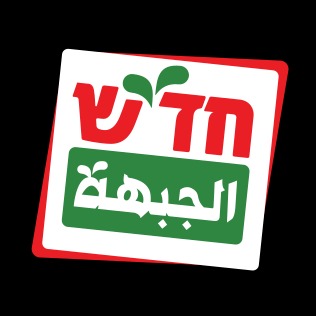Israel Political Parties: Hadash

Hadash (Hebrew acronym for “The Democratic Front for Peace and Equality”) is a left-wing party that, when formed in March 1977, was rooted in Israel’s Communist party (Maki), the Black Panthers, and other left-wing non-communist groups. Hadash is a Jewish and Arab party, but has a mainly Arab constituency.
Hadash demands the evacuation of Israel from all the disputed territories and supports the establishment of a Palestinian state alongside Israel. The party also emphasizes workers’ rights, social justice, opposition to privatization, democratic liberties, human rights, equality for the Arab minority ethnic groups and women, the protection of the environment and the disarmament of mass destruction weapons.
In its first electoral test, in the 1977 elections, Hadash won five seats in the Knesset, and it has been represented through every election since. In the 2009 election, Hadash won four seats.
In the 2013 Knesset elections, Hadash won just over 3% of the popular vote and was awarded four seats in the Knesset.
Israel’s major Arab political parties Balad, Ra’am and Ta’al signed an agreement on January 21, 2015, with Hadash party to run on a single ticket – the Joint Arab List – headed by Hadash leader Ayman Odeh. The decision of the often fractious parties to unite was prompted by a change in the election law raising the threshold for representation from 2 percent to 3.25 percent, which would have made it difficult for the smaller individual parties to win seats. In that election, the list won 13 seats, making it the third largest party in the 20th Knesset.
For the 2019 election, Hadash agreed to run jointly only with Ta’al.
After the poor showing of the two Arab slates in the April 2019 election, the four Arab parties decided to reunite and won 13 seats in the September 2019 election for the 22nd Knesset. In the election to the 23rd Knesset in 2020, the list won 15 seats and was again the third largest party.
For the 2021 election, Ra’am decided to run independently of the other three Arab parties, which won six seats.
Sources: The Israel Project;
The Knesset;
Moment, (January 2012);
Wikipedia;
Hadash;
Allison Kaplan Sommer, “Israel’s Do-over Election: A Guide to All the Parties and Who Holds the Keys to the Next Government,” Haaretz, (July 31, 2019).


